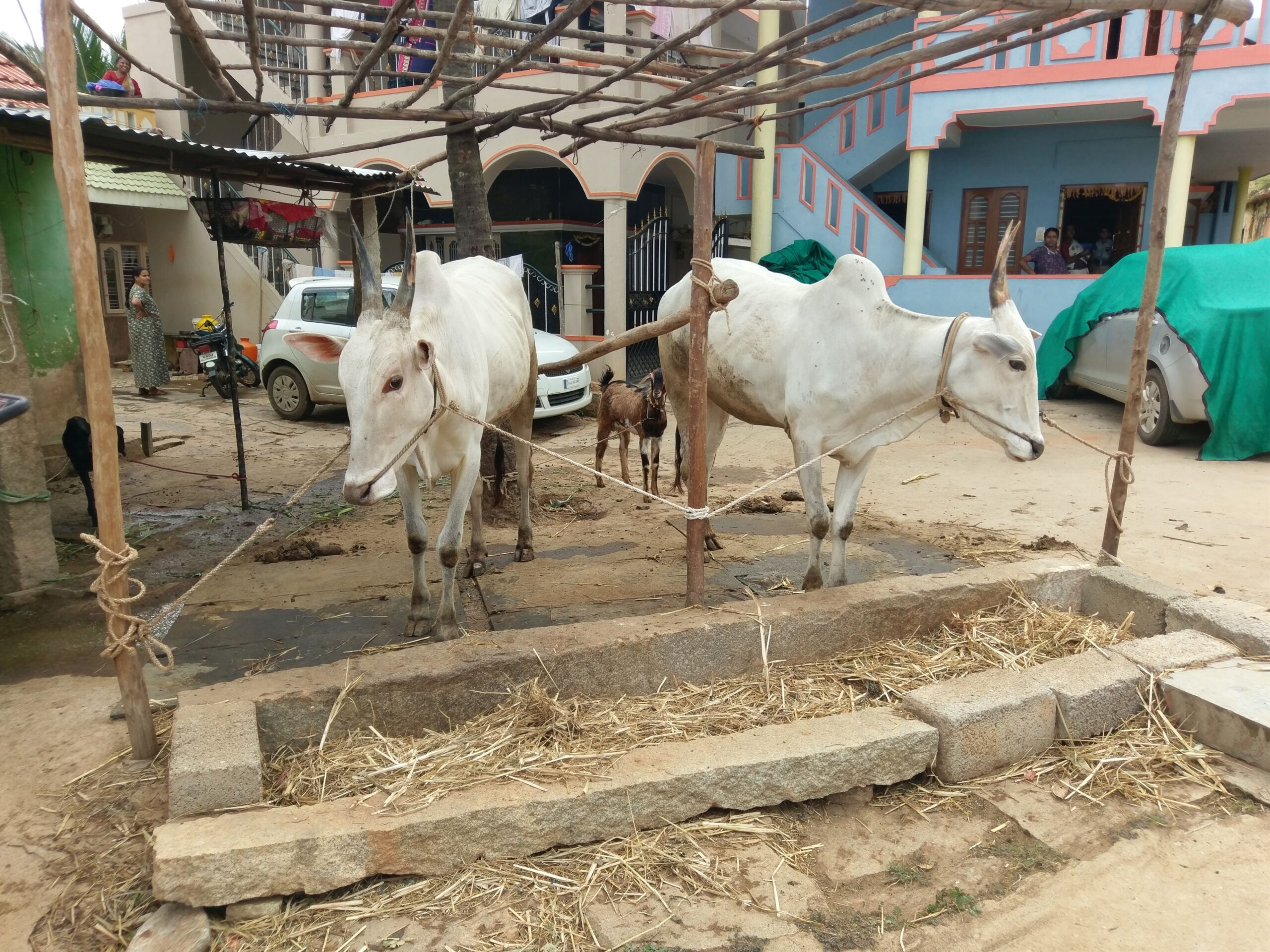Social and Behavioural
Explore Social and Behavioural

Professor Will Greaves | How Donald Trump has changed Canada-US relations
Research by Professor Will Greaves at the University of Victoria examines how the Trump presidency has impacted the long-standing security relationship between Canada and the United States. His analysis reveals concerning shifts in the foundations of bilateral cooperation and trust between these traditionally close allies, with implications for the future of North American security arrangements.

Dr. Anne Hultgren | Do dual-anonymous reviews reduce university bias in research funding?
Research by Dr. Anne Hultgren and colleagues at the Arnold and Mabel Beckman Foundation demonstrates that blinding reviewers to applicants’ institutional affiliations (also known as dual-anonymous reviews) leads to more equitable distribution of research funding opportunities. Their study reveals how removing identifying information helps overcome unconscious biases toward prestigious universities in grant review processes.

Professor Magnus S. Magnusson | The surprising similarities between the structures of human cells and societies
Research by Professor Magnus S. Magnusson at the University of Iceland demonstrates surprising similarities between the organization of cellular protein networks and of human societies. He reveals how the invention of writing and, very recently, general education, transformed human civilization in ways that mirror ancient biological developments and emphasises how this makes humans unique.

Dr. Howard Stevenson | Healing the Wounds of Racism: How Racial Literacy Can Empower Youth and Adults
Racist encounters, both subtle and overt, continue to plague society and take a severe toll on the mental and physical health of people of colour. However, innovative research shows how we can equip youth and adults with the skills to navigate these stressful situations and emerge stronger. Dr. Howard Stevenson and his team at the University of Pennsylvania are pioneering new approaches to help people cope with racial trauma and find their voice.

Dr Robert Shumaker | What Orangutan Tool Use Tells Us About Human Evolution
Humans aren’t the only species that use tools, many animals do. Our closest relatives, the great apes, have long been known for their intelligence and ability to manipulate objects in their environment. Among the great apes, orangutans stand out for their complex tool use, which may hold important clues about how early human technologies evolved. A recent Outlook article authored by Dr. Robert Shumaker and Dr. Christopher Martin, both of the Indianapolis Zoo, delves into the existing research into ways that orangutans use stone tools, exploring the cognitive processes behind this behavior and what it can tell us about human evolution.

Prof. Neeraj Rajasekar | The gap between support for diversity in principle and in practice in the USA
Americans generally celebrate the abstract principle of diversity but does this translate into the policies that they support and the friendships that they form? A new study from Prof. Neeraj Rajasekar of the University of Illinois Springfield, Prof. Evan Stewart of the University of Massachusetts and Prof. Douglas Hartmann of the University of Minnesota, examines this. Rajasekar and colleagues find inconsistencies between Americans’ support for diversity in principle versus their attitudes in their day-to-day lives. The findings reveal widespread gaps that exist across demographic groups, with implications for understanding public opinion and advancing diversity efforts in the United States.

Professor Gaetano Lotrecchiano | How can we ensure that scientists in collaborative teams work well together?
Americans generally celebrate the abstract principle of diversity but does this translate into the policies that they support and the friendships that they form? A new study from Prof. Neeraj Rajasekar of the University of Illinois Springfield, Prof. Evan Stewart of the University of Massachusetts and Prof. Douglas Hartmann of the University of Minnesota, examines this. Rajasekar and colleagues find inconsistencies between Americans’ support for diversity in principle versus their attitudes in their day-to-day lives. The findings reveal widespread gaps that exist across demographic groups, with implications for understanding public opinion and advancing diversity efforts in the United States.

Dr Nicole Hune | The path back: Reconnecting with “the self” and others in recovery from schizophrenia and substance use disorders
Schizophrenia and substance use disorders (or SUDs for short) are two significantly complex conditions that share overlapping symptoms and result in serious complications without treatment. Research suggests that a number of complex features are associated with these disorders, including neurological, physiological and bio-psycho-social. When these conditions occur together, they often create profound experiences of disconnectedness, both with oneself and with others in the support community. An article authored by Dr. Nicole Hune and Dr. Tom McGovern at Texas Tech University explores how treatment and recovery from co-occurring schizophrenia and SUDs could benefit from viewing these conditions from an integrated neurobiological and intersubjective understanding of connectedness.

Dr. Ellen Hoffmann | Rurbanity: How rural and urban phenomena intermingle worldwide
Over the next few decades, the Earth’s urban population is set to explode, with the large majority of growth happening in cities across the Global South. A team of researchers at the Universities of Kassel and Göttingen, led by Prof. Andreas Bürkert and Prof. Nikolaus Schareika, predicts that these changes will be widely characterized by a merging of rural and urban features: a concept defined as ‘rurbanity’ in a recent landmark publication authored by Dr. Ellen Hoffmann and colleagues. By studying this phenomenon closely, the team aims to support cities in the Global South in their efforts to better prepare for the challenges to come. The concept is comprehensive enough to allow researchers to also understand ongoing processes of change in more mature cities of the North, such as climate-smart and socially inclusive adaptations, through the lens of rurbanity.

Dr. Nicole Letourneau | Improving Parenting and Child Outcomes Through Reflective Functioning: Results from the ATTACH™ Program
Early adversity, such as family violence, parental depression and low income, puts children at risk for maltreatment and negatively impacts their development. A team of researchers led by Nicole Letourneau at the University of Calgary has evaluated a promising intervention called ATTACH™ (which is short for Attachment and Child Health) that aims to improve outcomes for vulnerable families by enhancing parental reflective functioning.

Professor Bertrand Guillotin | What Happens When Companies Take a Stand Against Unethical Practices?
Corporate responsibility is increasingly crucial for businesses, but it comes with challenges. Using Hershey as an example, Professor Bertrand Guillotin of the Fox School of Business at Temple University explores the chocolate industry’s struggle with child labor in West Africa. Despite commitments to eradicate this issue, progress has been slow. He examines the changing governance landscape, evolving consumer expectations, and the impact of ethical concerns on business operations.

Professor Bertrand Guillotin | CEOs Face a Tough Challenge in Navigating the ‘Culture Wars’
What is the impact of the ‘culture wars’ on American businesses? Professor Bertrand Guillotin at the Fox School of Business at Temple University explores this phenomenon using the case of Chick-fil-A, a fast-food giant caught in the crossfire of social issues. From its conservative Christian roots to recent attempts at inclusivity, he explores how CEO Andrew Cathy has so far navigated this complex landscape. Examining strategies other companies use to manage their stance in today’s polarized climate, he highlights the challenges of balancing corporate values with social values.
Increase The Impact Of Your Research!
Explore partnership opportunities
Unwind without the hassle. Enjoy fresh audiobooks, delivered free!
